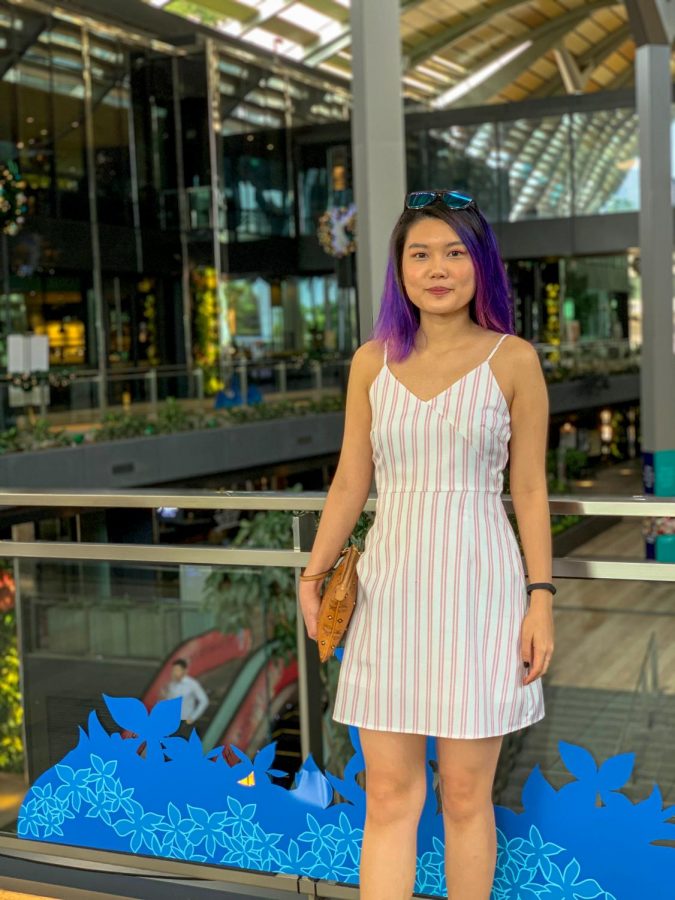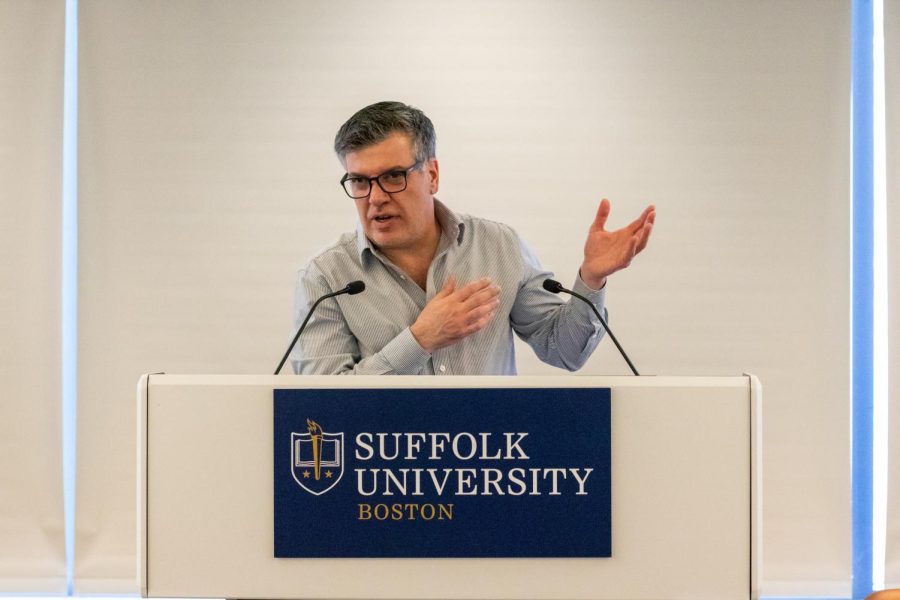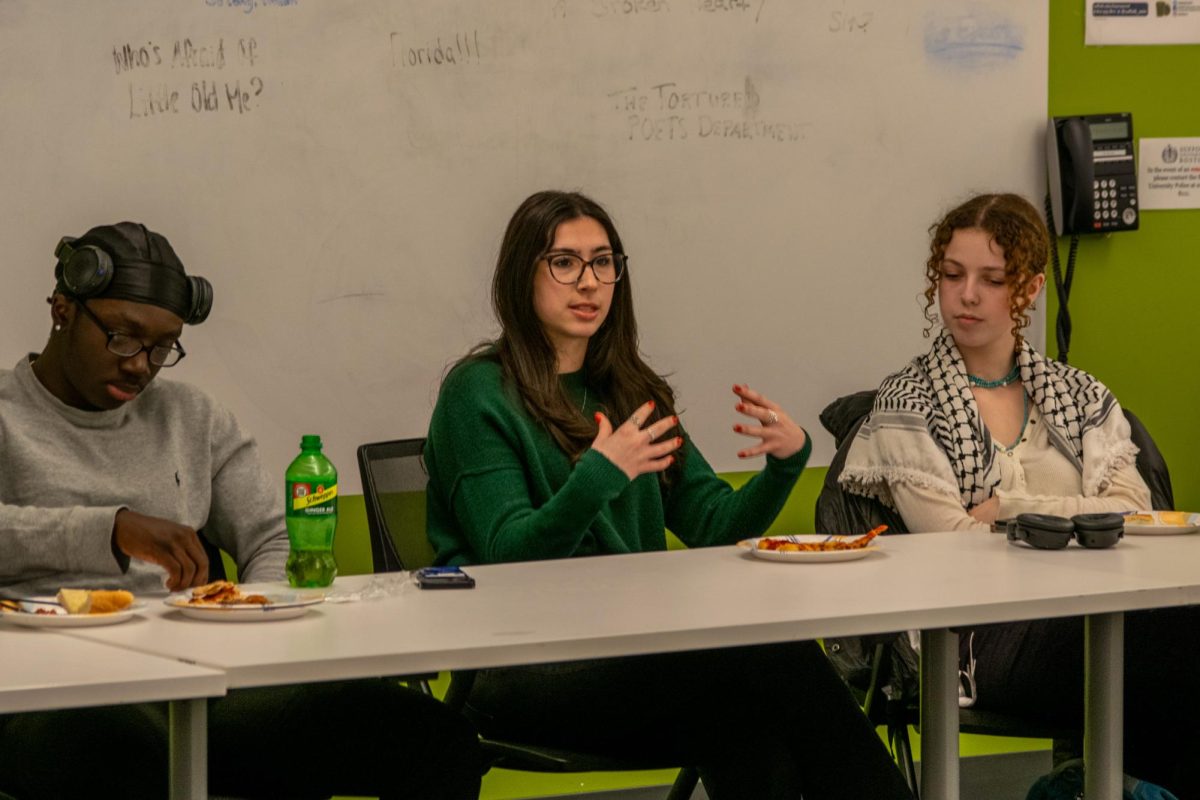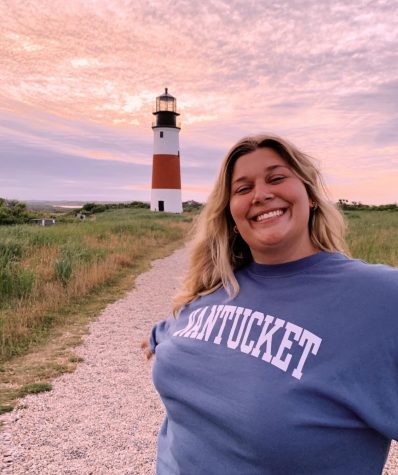To be an international and first generation student is a huge milestone for Xin Yi Yap, born and raised in Singapore.
When Yap was finishing her last few years of high school, she decided she no longer belonged to her hometown and wanted to further her education in America as a first generation student.
Yap found herself resisting the pressure to conform to Singapore’s society and wanted to take a chance to bring herself to a life of the “American Dream.”
“I wanted to show my family I did not suit the Singaporian work culture. I don’t suit big corporate work. I am not the small nugget in a big machine,” said Yap. “I couldn’t handle the fact that my co-workers were telling me, ‘If it is broken don’t fix it.’ There are so many ways to improve on things but people feel if they are getting paid, it’s worth it.”
Growing up, Yap had a roof over her head, three meals a day and a loving family. Her mom, Sai Hua, is illiterate and can’t read, and her father, Kah Kwong, has a high school level education.
Yap and her mother are very close and talk on the phone every night. Her father tries to be as present as he could, although he works in Malaysia.
Being the only daughter in the family, they were sad to see her go. They struggled to understand why she wanted to leave Singapore when it was safe and had everything she needed to pursue an education.
“It is hard to explain to them without having them think it is just a millennial thing,” said Yap. “I enjoy certain freedoms that you give up for safety and security — [my parents] call it the iron rice bowl.”
Even though her family did not understand, she felt the definition of pure unconditional love. They wished her well and sent her to the airport with everything she needed. Now, they no longer ask why she decided to move to America.
“That is the unique thing about being a first generation student, we are trying to navigate things on our own, with nobody to ask it is tough,” Yap said.
For Yap to come to America, she had to apply for a student visa. In the U.S., a student visa only allows international students to pursue an education. Students from out of the country living here on a visa are not allowed to work.
“The process of applying for a visa is quite de-humanizing. It is one thing that it is a legal document, but I am constantly reminded that my identity here is not just an alien legally but also an alien that is coming here to boost the economy and pay tuition fees and that is all I can do in exchange for an education,” Yap said. “I can’t work unless it is an internship course or during the summer, which I have to register every job and it has to be approved by the school.”
During the visa application, you have to pay an estimated balance of $60,000 USD to the U.S. embassy in Singapore. Yap’s eldest brother, Benson used his bank account to pay for Yap’s visa so she would be able to come to the U.S.
“It was really tough for me to ask him for that because he has his own family and finances. Money is sensitive and he was the one where I truly would not be here without him,” Yap said.
Applying for scholarships and grants was impossible. Being an international student is tough and federal aid is hard to come by. None of Yap’s paperwork asked if she was a first-generation student.
“Being an international student is like being a google filter,” said Yap. “The more you add, the less results you get. I get no results when I google grants and scholarships. I’ve been trying to find scholarships and grants but whenever I see the word federal I just drop it because the aid here is just for Americans.”
Yap came here last year in the fall as a sophomore and is now a junior double majoring in global business and big data business analytics.
She noticed many stereotypes. Last weekend in the supermarket, Americans behind her were talking out loud wondering if she spoke Enlgish.
“I am aware for Suffolk and many other campuses that you see a lot of international students who wear Gucci shoes and have the newest MacBook and it just is not the case for me,” Yap said. “There are some international students who will go back to their families and work for their family business which is not me. I am here struggling to pay rent, I am here because I have a dream.”
Her main goal while she spends her time here is to contribute to American society.
Yap will be speaking at Diversity in the Workplace panel and networking event on Nov. 20, from 4:30 to 6:30 p.m. in Sawyer 410.





















